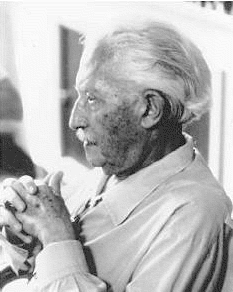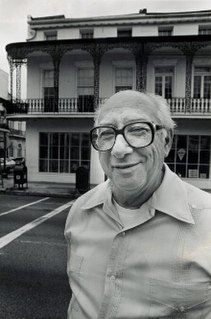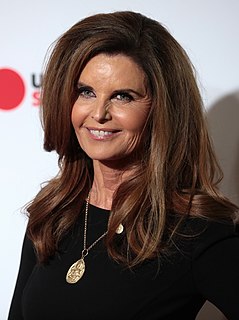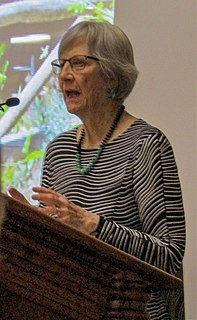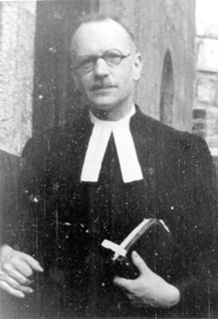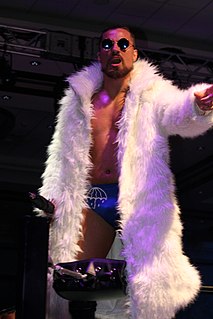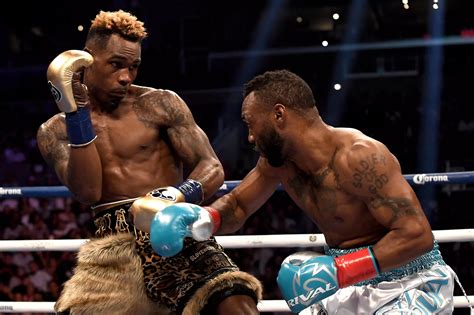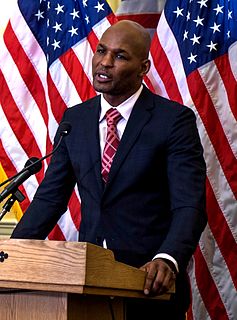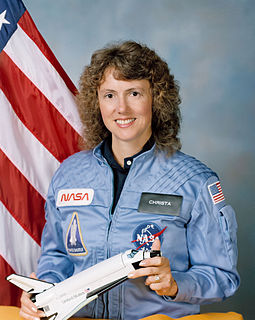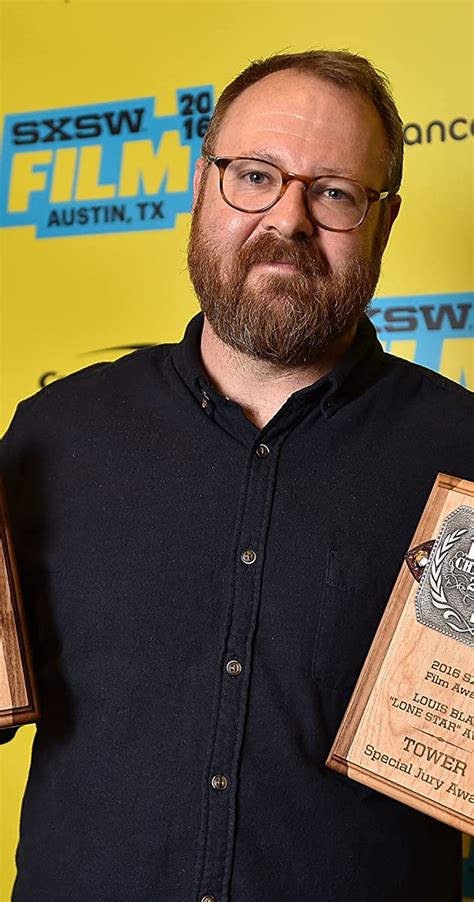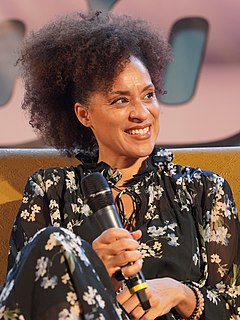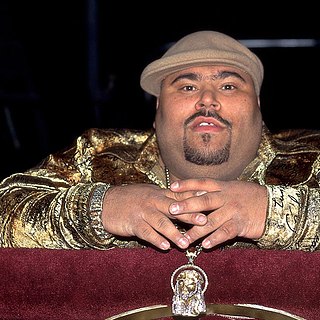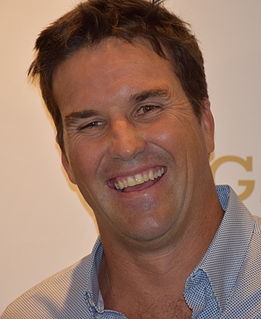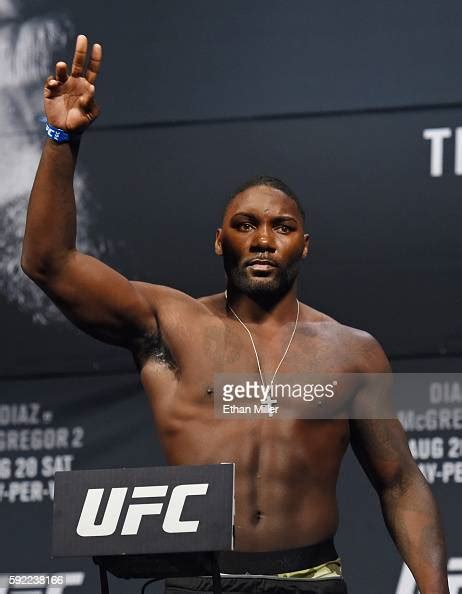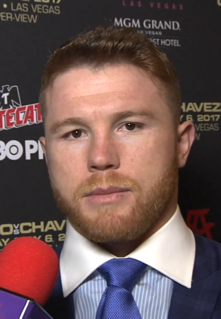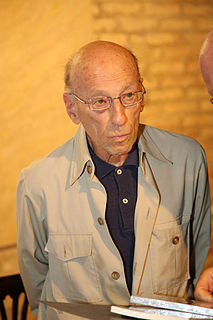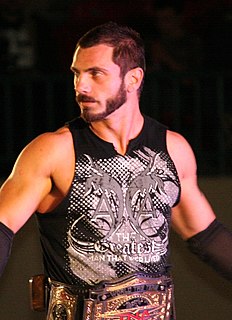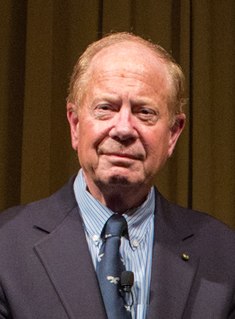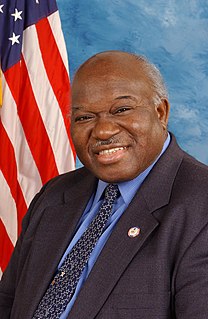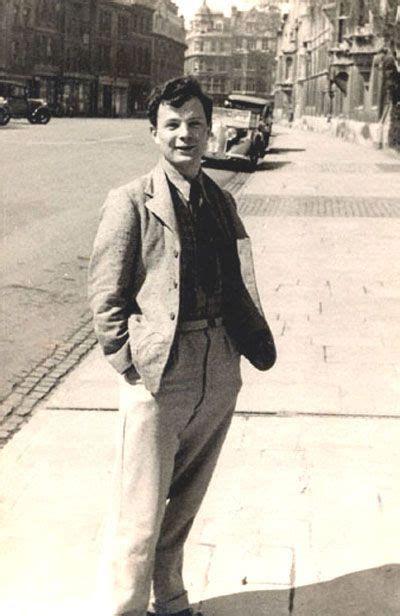Top 1200 History Making Quotes & Sayings
Explore popular History Making quotes.
Last updated on April 14, 2025.
There are musicians who want to make a living making music. There are listeners who want to listen to music. Complicating this relationship is a whole bunch of history: some of the music I want to listen to was made a while ago in a different economy. Some of the models of making a living making music are no longer valid but persist.
The settler makes history and is conscious of making it. And because he constantly refers to the history of his mother country, he clearly indicates that he himself is the extension of that mother country. Thus the history which he writes is not the history of the country which he plunders but the history of his own nation in regard to all that she skims off, all that she violates and starves.
History is a living horse laughing at a wooden horse. History is a wind blowing where it listeth. History is no sure thing to bet on. History is a box of tricks with a lost key. History is a labyrinth of doors with sliding panels, a book of ciphers with the code in a cave of the Saragossa sea. History says, if it pleases, Excuse me, I beg your pardon, it will never happen again if I can help it.
If, in schools, we keep teaching that history is divided into American history and Chinese history and Russian history and Australian history, we're teaching kids that they are divided into tribes. And we're failing to teach them that we also, as human beings, share problems that we need to work together with.
History is the art of making an argument about the past by telling a story accountable to evidence. In the writing of history, a story without an argument fades into antiquarianism; an argument without a story risks pedantry. Writing history requires empathy, inquiry, and debate. It requires forswearing condescension, cant, and nostalgia. The past isn’t quaint. Much of it, in fact, is bleak.
In how few words, for instance, the Greeks would have told the story of Abelard and Heloise, making but a sentence of our classical dictionary.... We moderns, on the other hand, collect only the raw materials of biography and history, "memoirs to serve for a history," which is but materials to serve for a mythology.
For the last one hundred and fifty years, the history of the House of Rothschild has been to an amazing degree the backstage history of Western Europe...Because of their success in making loans not to individuals but to nations, they reaped huge profits...Someone once said that the wealth of Rothschild consists of the bankruptcy of nations.
Silences enter the process of historical production at four crucial moments: the moment of fact creation (the making of sources); the moment of fact assembly (the making of archives); the moment of fact retrieval (the making of narratives); and the moment of retrospective significance (the making of history in the final instance).
History is basically really looking back and finding out what happened to an individual, a community, a family, a group in a certain event. And so that's why I go, "Wow. That's what acting really is. You find out the background, you get the joy of creating a fictional history of a fictional character and you get to tell a story." So I felt that acting is making history come alive and it became my mode of trying to figure out what this craft of acting is really all about.
I don’t know much about history, and I wouldn’t give a nickel for all the history in the world. It means nothing to me. History is more or less bunk. It's tradition. We don't want tradition. We want to live in the present and the only history that is worth a tinker's damn is the history we make today.

